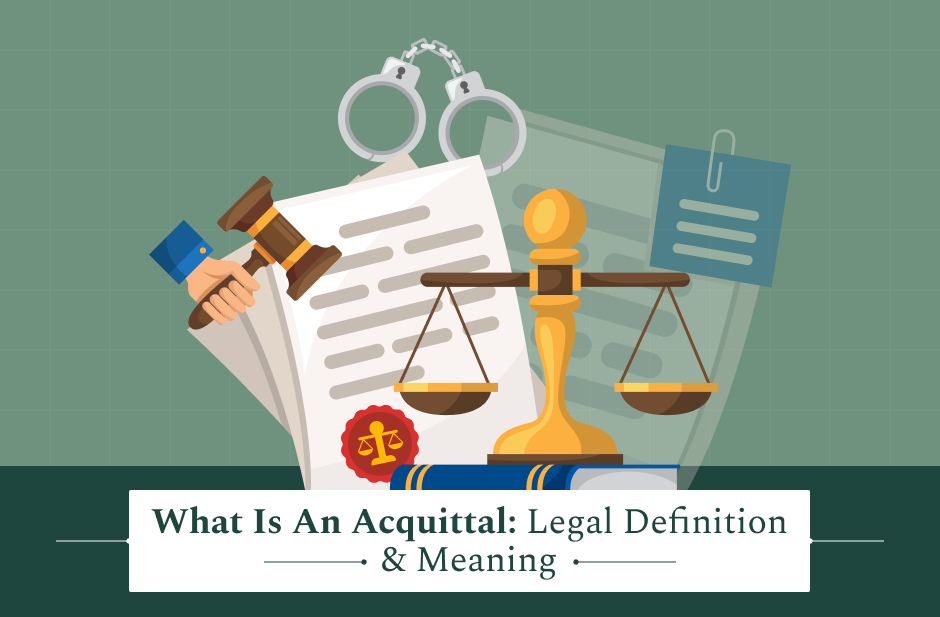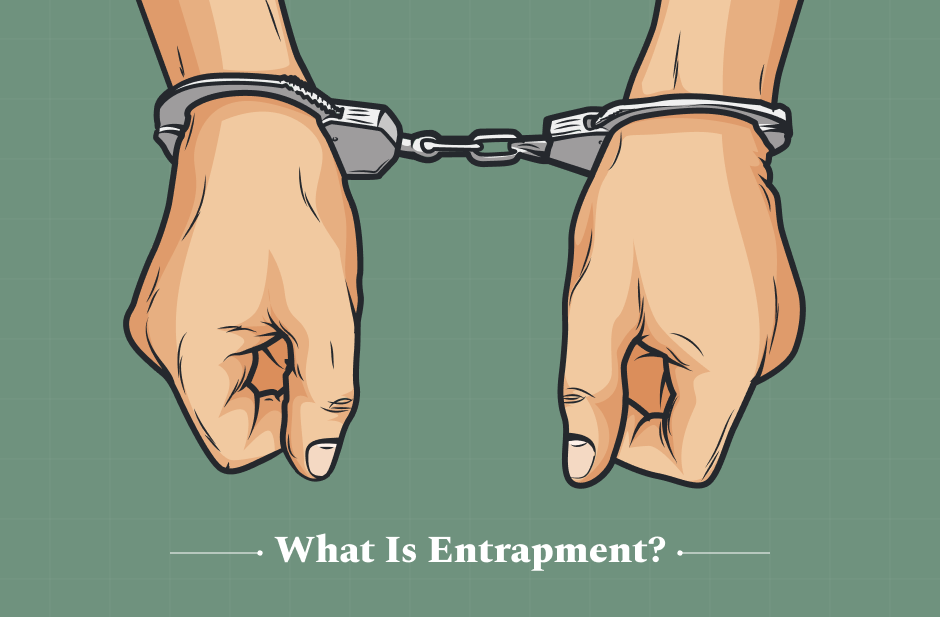If you get hurt while working, the last thing you will want to think about is how to pay your bills.
However, a workers’ compensation insurance, a safety net created to ensure that both employees and employers are protected in case of a workplace injury or illness, is the main reason such worries need not arise.
In this article, I will explain all the fundamentals of workers’ compensation, your rights as an employee, and the employer’s responsibilities! Oh, that’s not all!
Apart from that, I will also explain the claims process if you are a beginner in this field. So, if that is something you want to know, then you have come to the right place! Therefore, keep on reading till the end…
What Is Workers’ Compensation?
Workers’ compensation is a government insurance program that supplies wage and medical benefits to the employee injured in a work-related accident.
Usually, you have to give up the right to sue your employer for negligence in order to receive these benefits.
The primary goal of this is to establish a system without fault where the injured workers receive the support they need promptly, and the employers are free from long and expensive lawsuits.
Hiring an experienced workers comp injury lawyer can significantly increase your chances of winning your case in the following ways:
- Navigating complex legal procedures.
- Gathering strong evidence.
- Negotiating with insurance companies on your behalf.
What Types of Injuries Are Covered?
Workers’ compensation covers most job-related injuries and illnesses, including:
- Accidental injuries: Falls, machinery accidents, burns
- Repetitive stress injuries: Carpal tunnel syndrome, tendonitis
- Occupational illnesses: Asbestos-related diseases, chemical exposure, hearing loss
- Aggravation of pre-existing conditions: If a job worsens an existing health problem.
- Mental health conditions: In some states, severe work-related stress or PTSD may be covered.
It’s important to note that injuries must be directly related to the job. If you’re injured while commuting or during a lunch break off-site, compensation might not apply, though there are exceptions.
What Benefits Does Workers’ Compensation Provide?
These are a few of the advantages that the workers’ compensation most of the time covers.
- Medical coverage: The insurance pays for all reasonable and necessary treatments that are related to the given injury or illness. It covers doctor visits, surgeries, physiotherapy, medication, and even the cost of the trip if you go to the doctor.
- Wage replacement: If the injury has made it impossible for you to work during this period, then you will receive temporary disability benefits. As a rule, the benefits will be a certain part (usually two-thirds) of your average weekly wage. If, however, your state legislation limits the amount of the benefit, then they will pay you no more than that amount.
- Permanent disability: When an injury leads to a long or permanent dysfunction of the body, you may be entitled to get more benefits according to the degree of the disability and its impact on your life.
- Vocational rehabilitation: Various states issue job training, counseling, or education benefits in case it turns out that you are not able to come back to your previous job.
- Death benefits: Should a worker die at work or because of a work-related accident or illness during work, the survivors of the worker, e.g. spouse or dependents, may receive both compensation and the cover of burial expenses.
The Workers’ Compensation Claims Process
Here is a step-by-step process to help you understand how to file a claim.
1. Report the Injury Immediately
It is best to tell your employer immediately after the injury occurs. Different states each have their deadlines that are quite strict for reporting work-related injuries.
Deadlines usually range from 24 hours at the shortest to 30 days at the longest. In most states, these deadlines are mandatory and no exceptions are allowed.
Failure to notify within the stipulated time can lead to a refusal of your claim even if the case is true. To avoid this, make sure you notify your employer immediately.
- Write to the supervisor or the HR department
- Be as detailed as you can.
- Follow the procedure if your employer asks you to fill out an incident report.
However, the fact that the injury is minor does not mean that you should not report it. Some injuries are like that; they get worse gradually and only need to be identified at an early stage in order to be remedied well.
2. Seek Medical Attention
Secondly, it is extrenely important that your employer asks you to see a doctor. When you go to the doctor:
- Clearly state to the doctor that you got injured at work.
- Make sure the linking of your medical records with your work duties in relation to your injury is explicit.
- Keep copies of all reports, prescriptions, and referrals, as you may need them for claim validation or appeals.
3. File a Claim
Your employer typically files a workers’ compensation claim with their insurance provider. Depending on your state’s requirements, you may need to complete certain forms. The documents you may need are:
- Incident or accident report
- Medical records and the doctor’s initial diagnosis
- Wage information
- Witness statements (if applicable)
4. Insurance Company Evaluation
Once the claim is filed, the workers’ comp insurance company will begin an investigation to determine whether the injury qualifies for benefits. This step involves:
- Review of medical records and injury reports
- Interviews with you, your employer, and possibly co-workers or witnesses
- Verification of job duties, prior injuries, or pre-existing conditions
- Request for an Independent Medical Examination (IME) in which a third-party doctor evaluates your condition
5. Approval or Denial
If approved, you’ll start receiving benefits. If denied, you have the right to appeal the decision, often through a workers’ compensation board or an administrative law judge.
Common Reasons Workers’ Compensation Claims Get Denied
Understanding why claims get denied can help you avoid common pitfalls:
- Missed deadlines
- Lack of medical evidence
- Dispute over whether the injury was work-related
- Failure to report the injury properly
- Employer alleging misconduct or intoxication
If you believe your claim was wrongfully denied, consult a workers’ compensation attorney as soon as possible.
Employer Responsibilities
Employers play a critical role in the workers’ compensation system. Their duties typically include:
- Carrying valid workers’ comp insurance (in most states)
- Providing injured employees with the necessary claim forms
- Reporting claims to their insurer and state board
- Allowing injured workers to seek medical care
- Not retaliating against employees who file claims
Failure to comply can lead to significant legal and financial penalties for the employer.
Do You Need a Workers’ Compensation Lawyer?
While not always necessary, hiring a workers’ compensation attorney can be extremely helpful in the following cases:
- Your claim is denied or delayed
- You’re offered a low settlement
- Your benefits are terminated early
- Your employer retaliates against you
- You have a pre-existing condition
- You’re facing permanent disability
An experienced lawyer can guide you through hearings, negotiate with insurers, and ensure you receive the full benefits you’re entitled to.
Your Legal Guide: Making The Most Out Of Workers’ Compensation
In conclusion, it is important to understand that workers’ compensation is basically a safety net for most people.
It ensures that the workers who have been injured are not left without any money after a workplace accident.
That is to say, the benefits are a kind of insurance which is done in the interests of both parties, namely, employees and employers, by giving employees peace of mind, medical care and wage support.
So, if you happen to be the injured worker who is filing a claim, an employer who is still in the process of complying with the law, or a new entrant to the system, the most important thing that you can do to be safe and remain healthy is definitely to learn how it works.
If you are not sure what you should do next, then you should definitely get in touch with a workers’ compensation lawyer near your place.
This might be the answer you have been looking for to get back not only physically but also financially and legally.
















